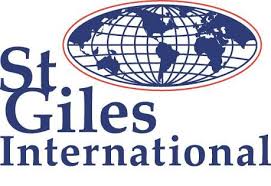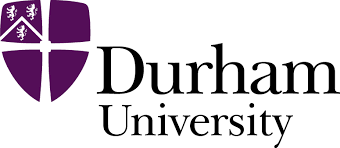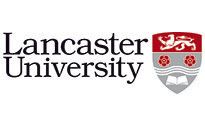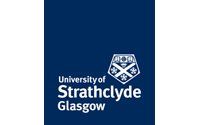Day 1:
Fundamentals of Talent Acquisition and Workforce Planning
Understanding the talent acquisition lifecycle and its impact on business performance.
Aligning recruitment strategies with organizational goals and workforce planning.
Conducting job market analysis and competitor benchmarking for strategic hiring.
Employer branding strategies to attract top-tier candidates.
Day 2:
Sourcing, Screening, and Selection Techniques
Identifying and leveraging multiple sourcing channels (job portals, referrals, social media, etc.).
Utilizing AI-driven tools and automation in candidate sourcing and screening.
Designing effective competency-based and behavioral interview frameworks.
Avoiding unconscious bias and ensuring diversity and inclusion in hiring.
Day 3:
Recruitment Analytics and Candidate Assessment
Using recruitment metrics to measure hiring effectiveness and improve decision-making.
Implementing data-driven approaches for predictive hiring and workforce planning.
Designing and conducting technical and psychometric assessments for candidate evaluation.
Ensuring compliance with legal and ethical recruitment standards.
Day 4:
Enhancing Candidate Experience and Employer Branding
Strategies for optimizing the candidate journey from application to onboarding.
Effective communication and engagement techniques to improve candidate experience.
Leveraging social media and digital platforms to strengthen employer branding.
Addressing challenges in remote and global talent acquisition.
Day 5:
Strategic Talent Retention and Future Trends in Recruitment
Developing retention strategies to reduce turnover and improve employee satisfaction.
Implementing succession planning and internal talent development programs.
Exploring the impact of AI, automation, and emerging technologies on recruitment.
Final case study: Designing a comprehensive talent acquisition strategy for a real-world scenario.























































